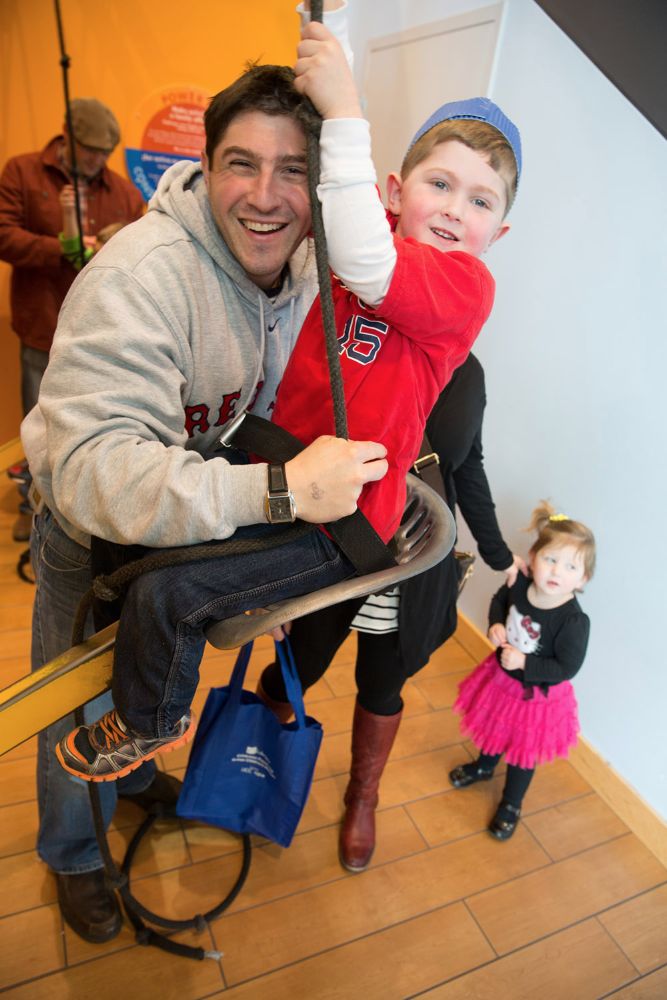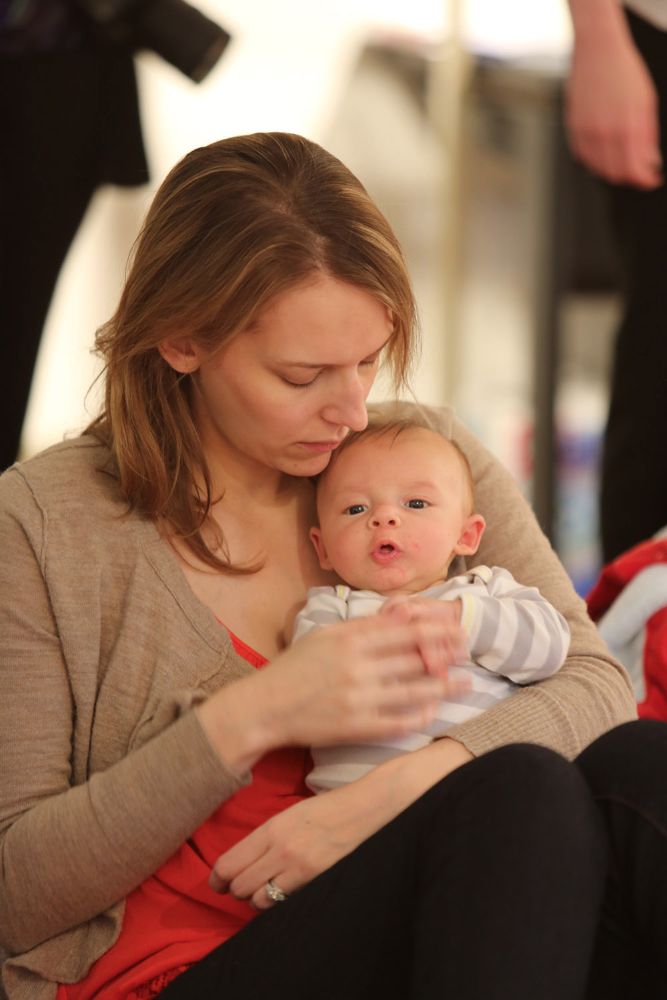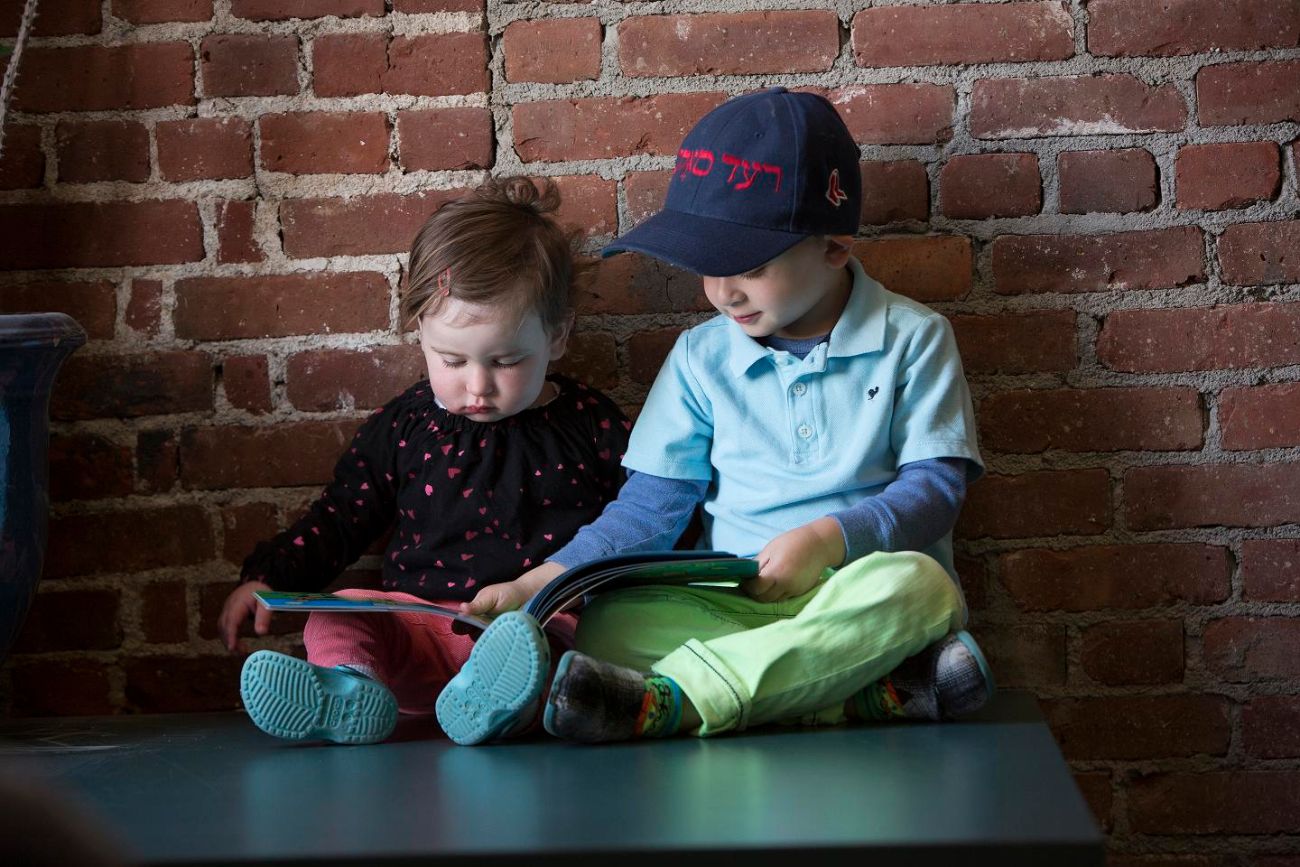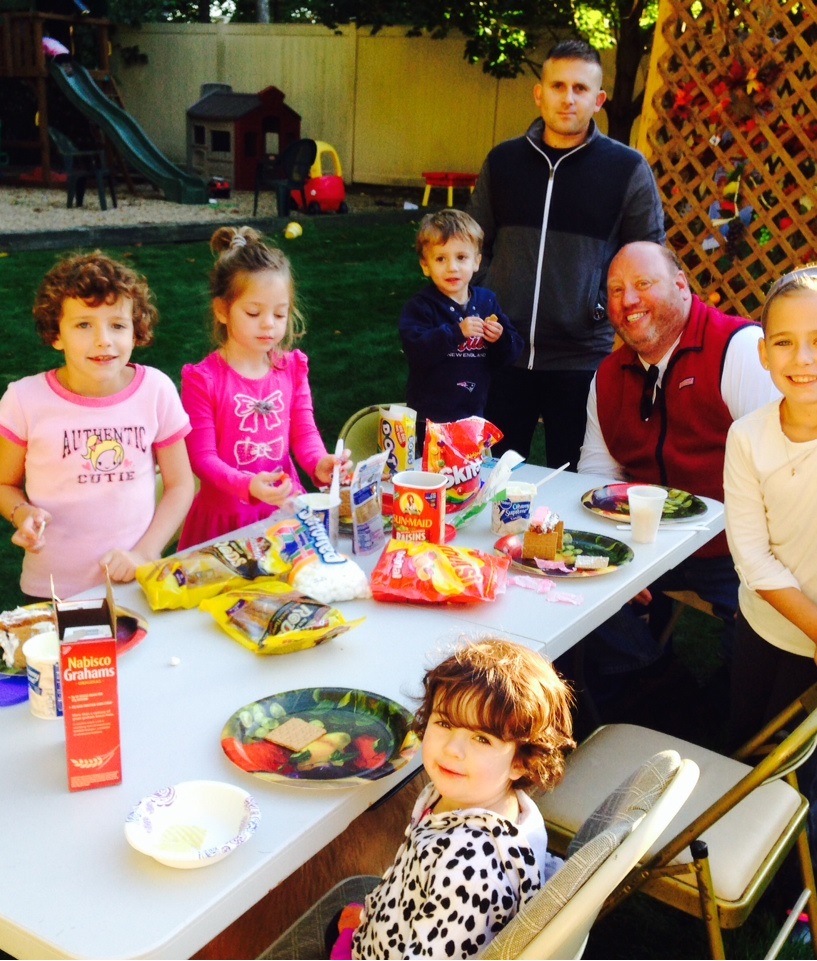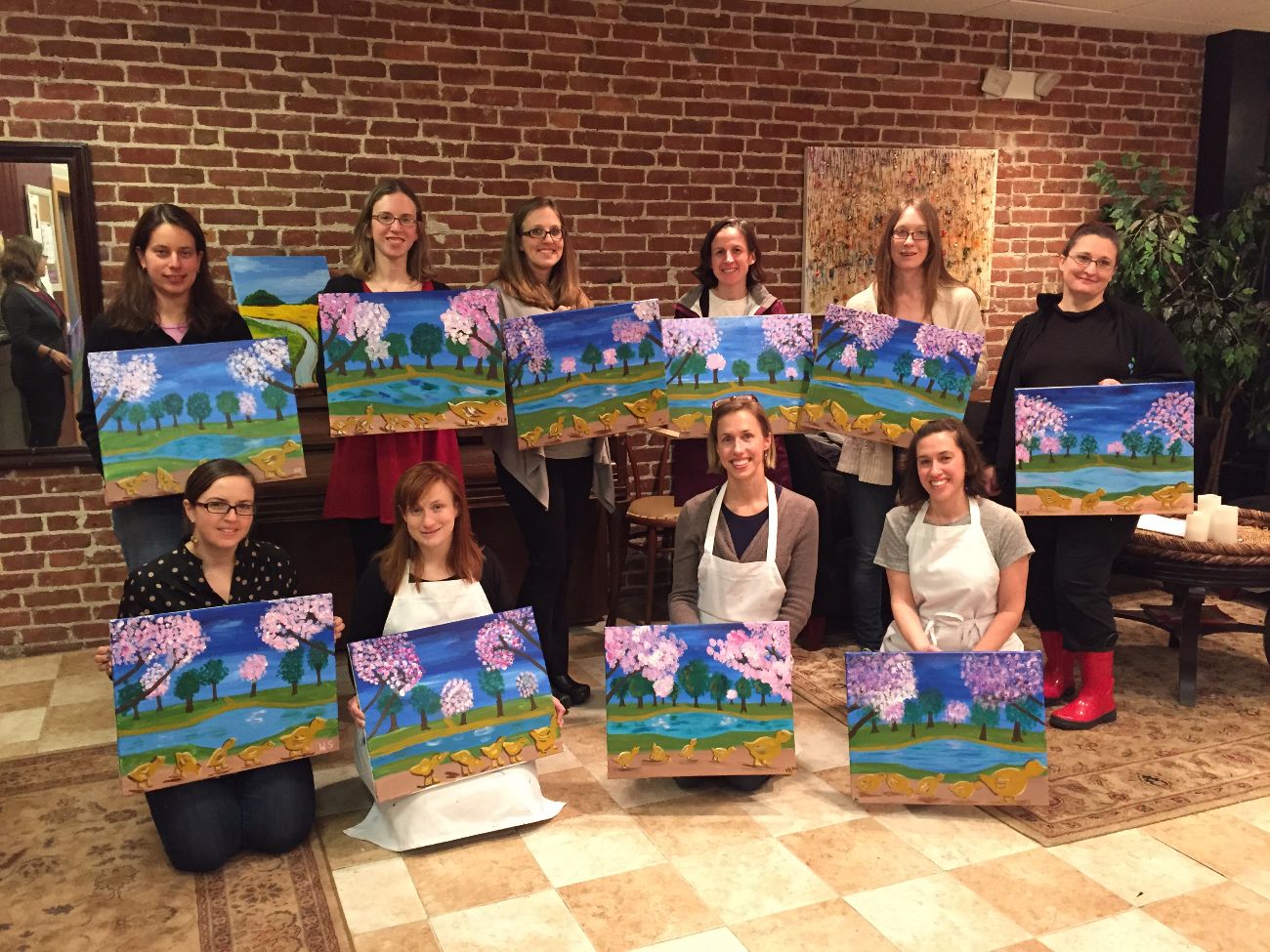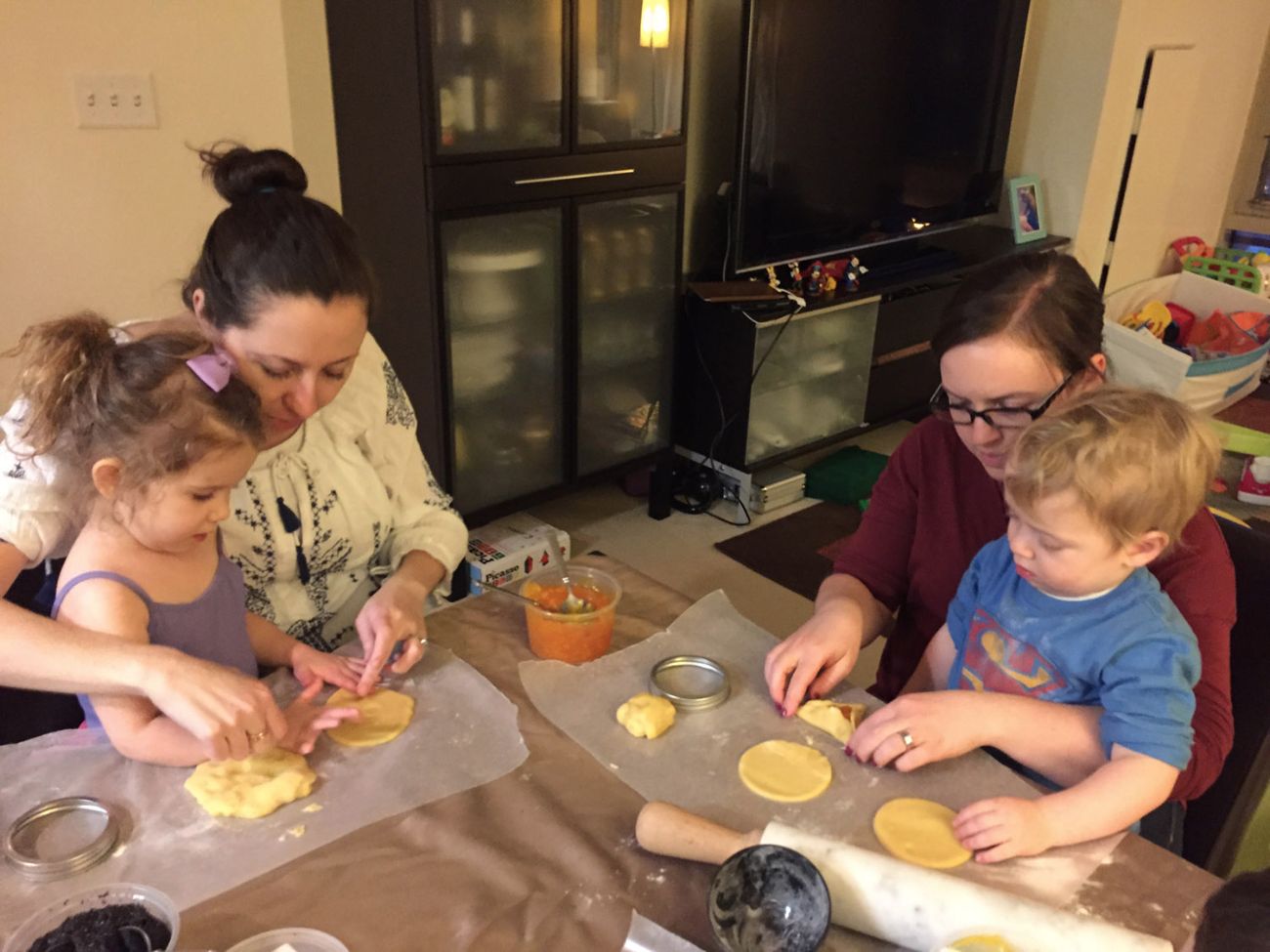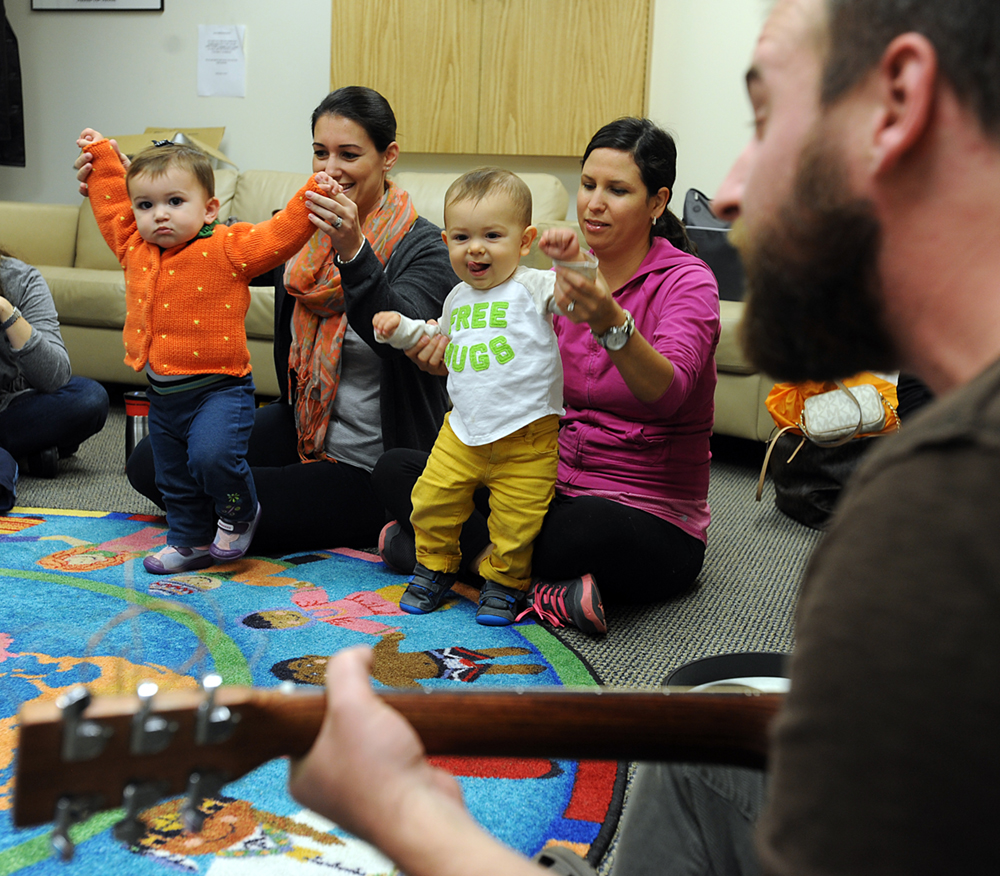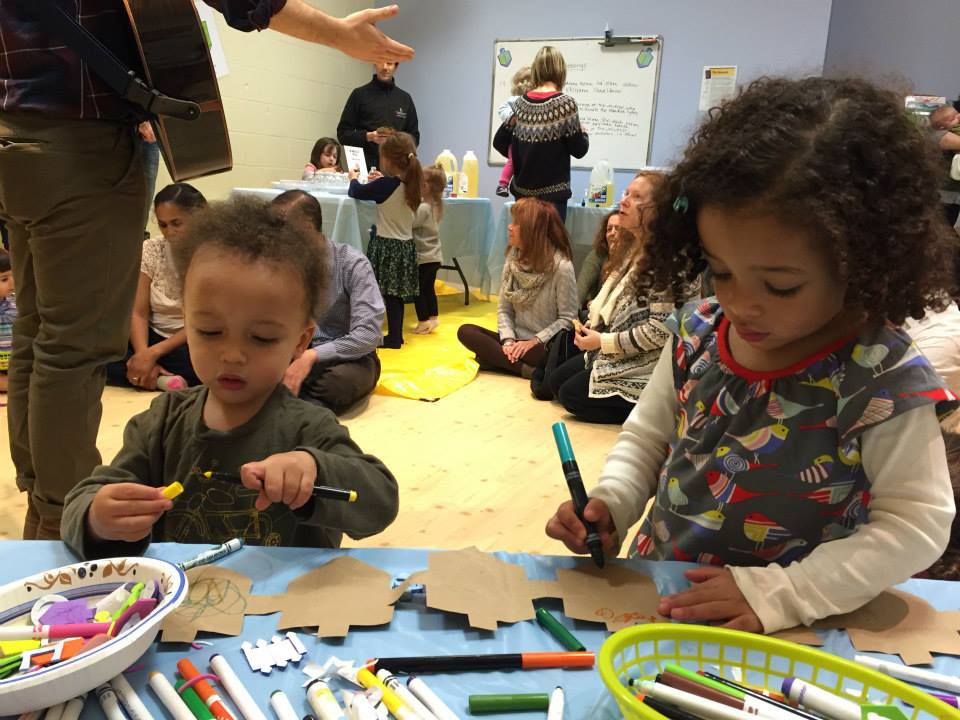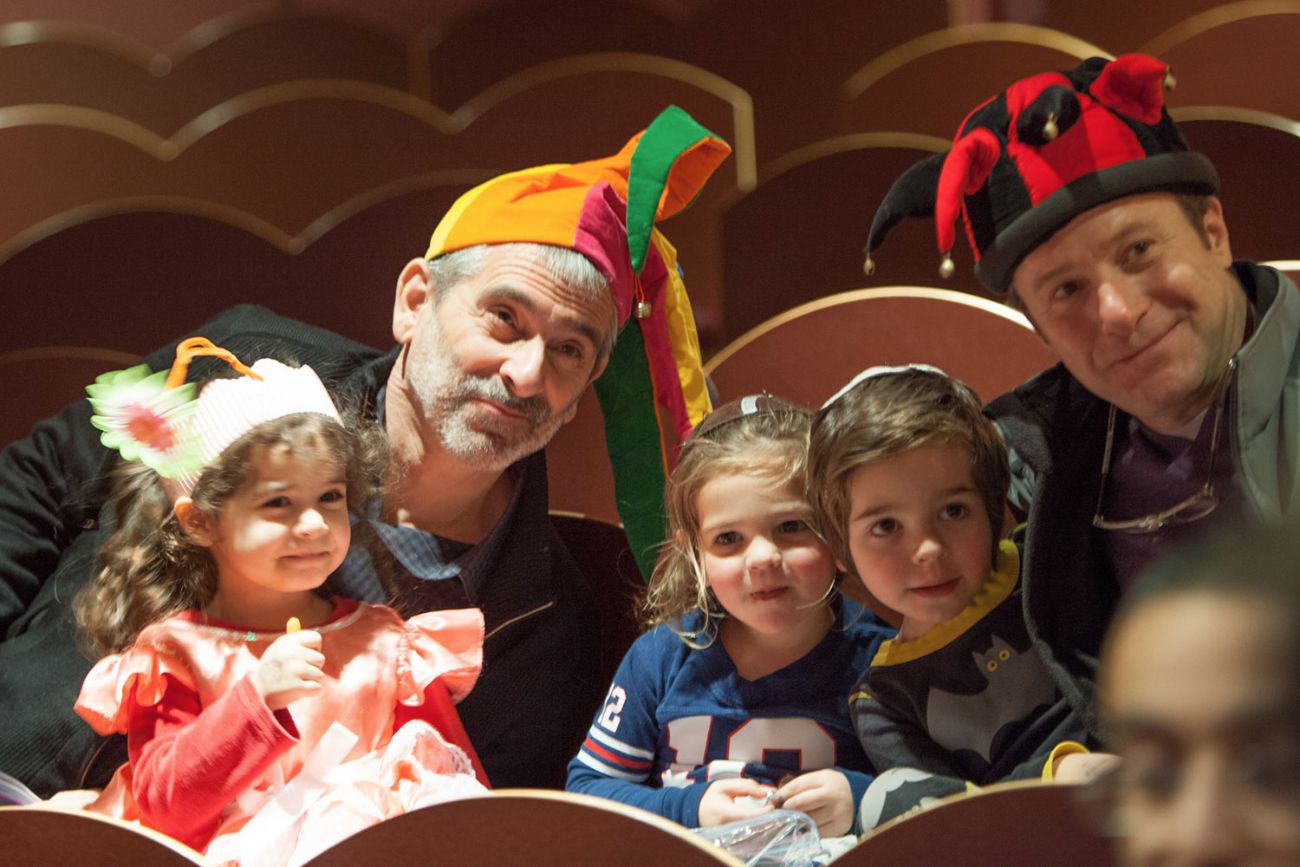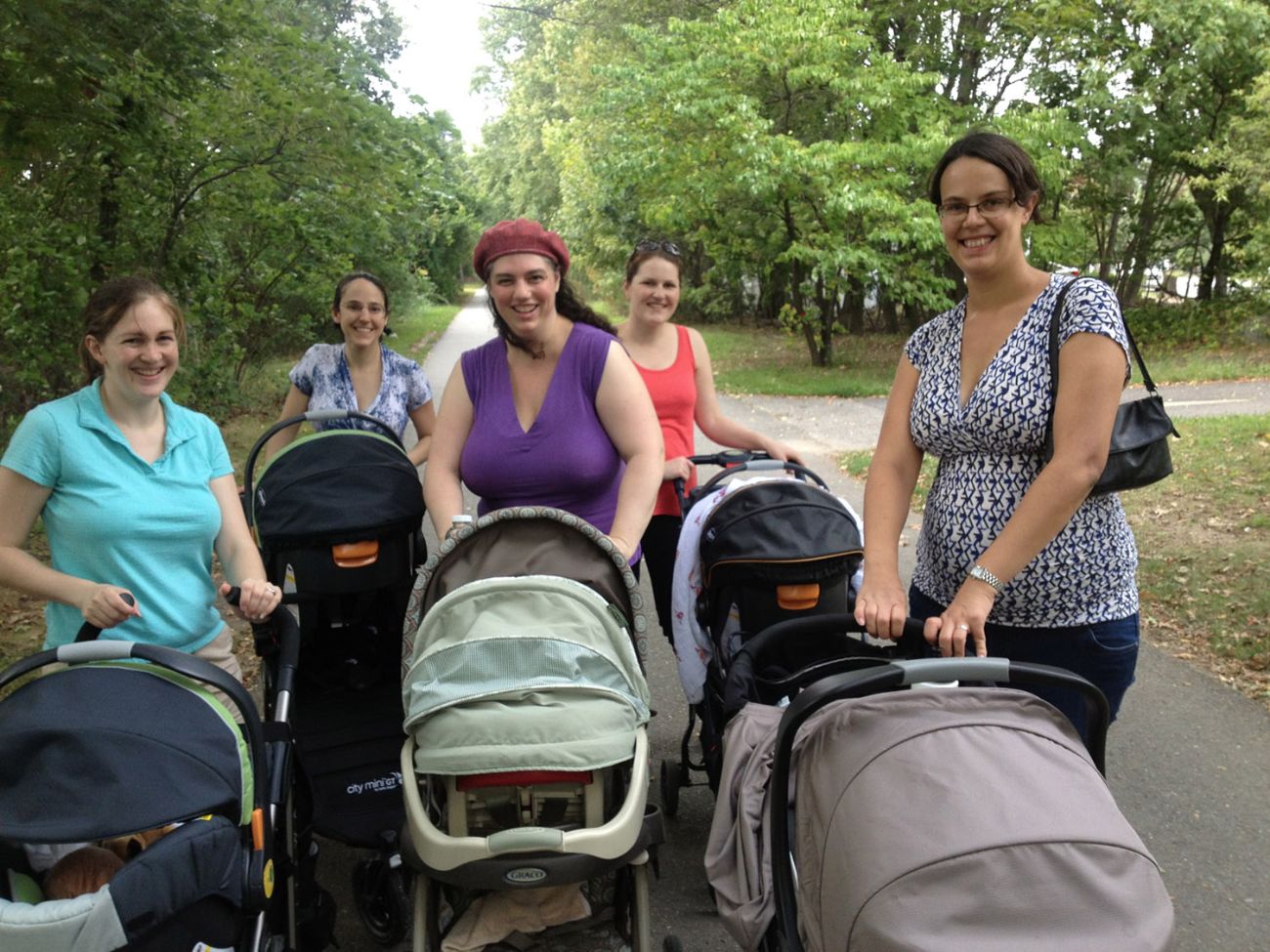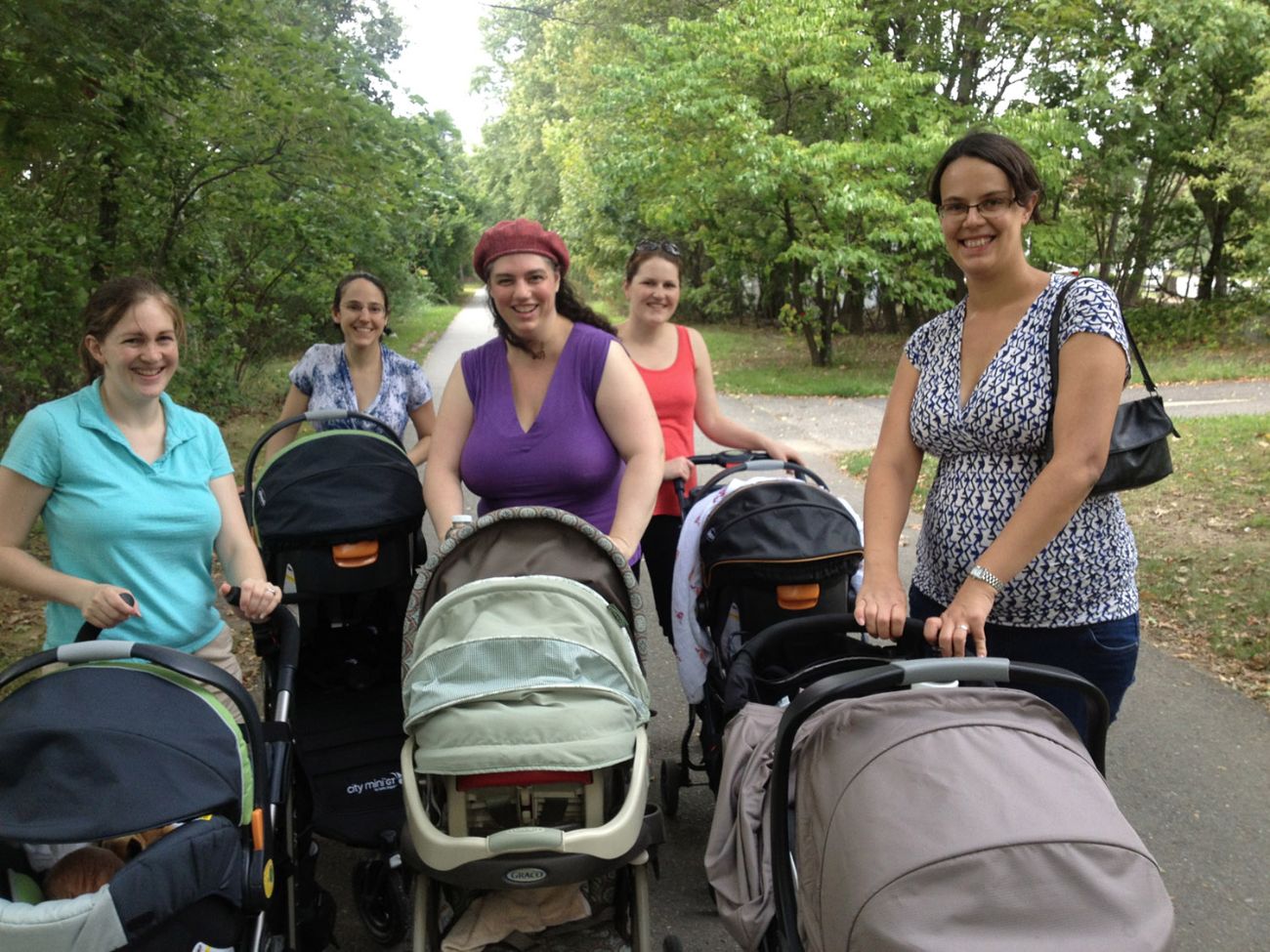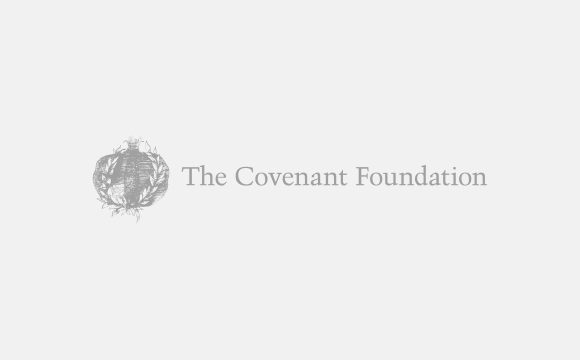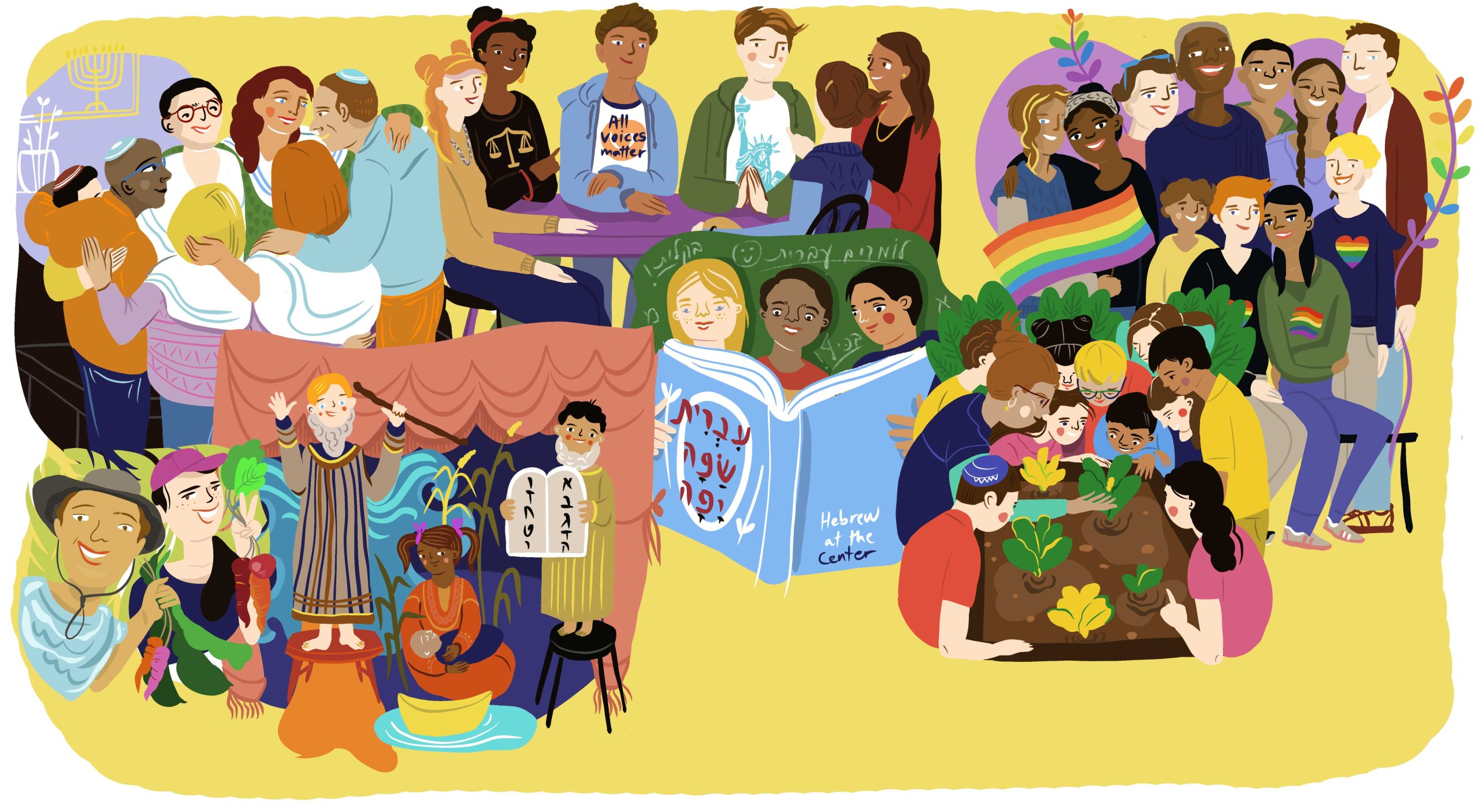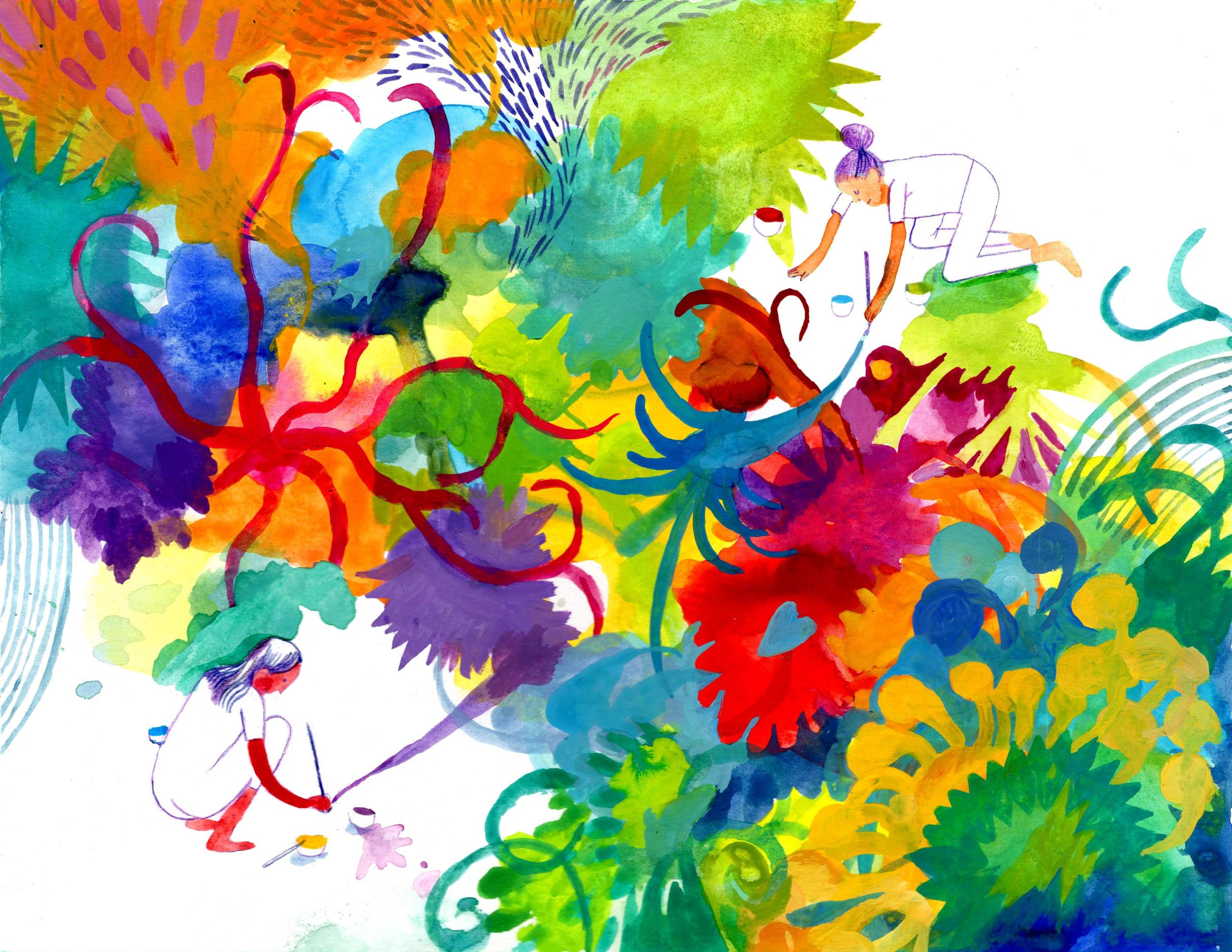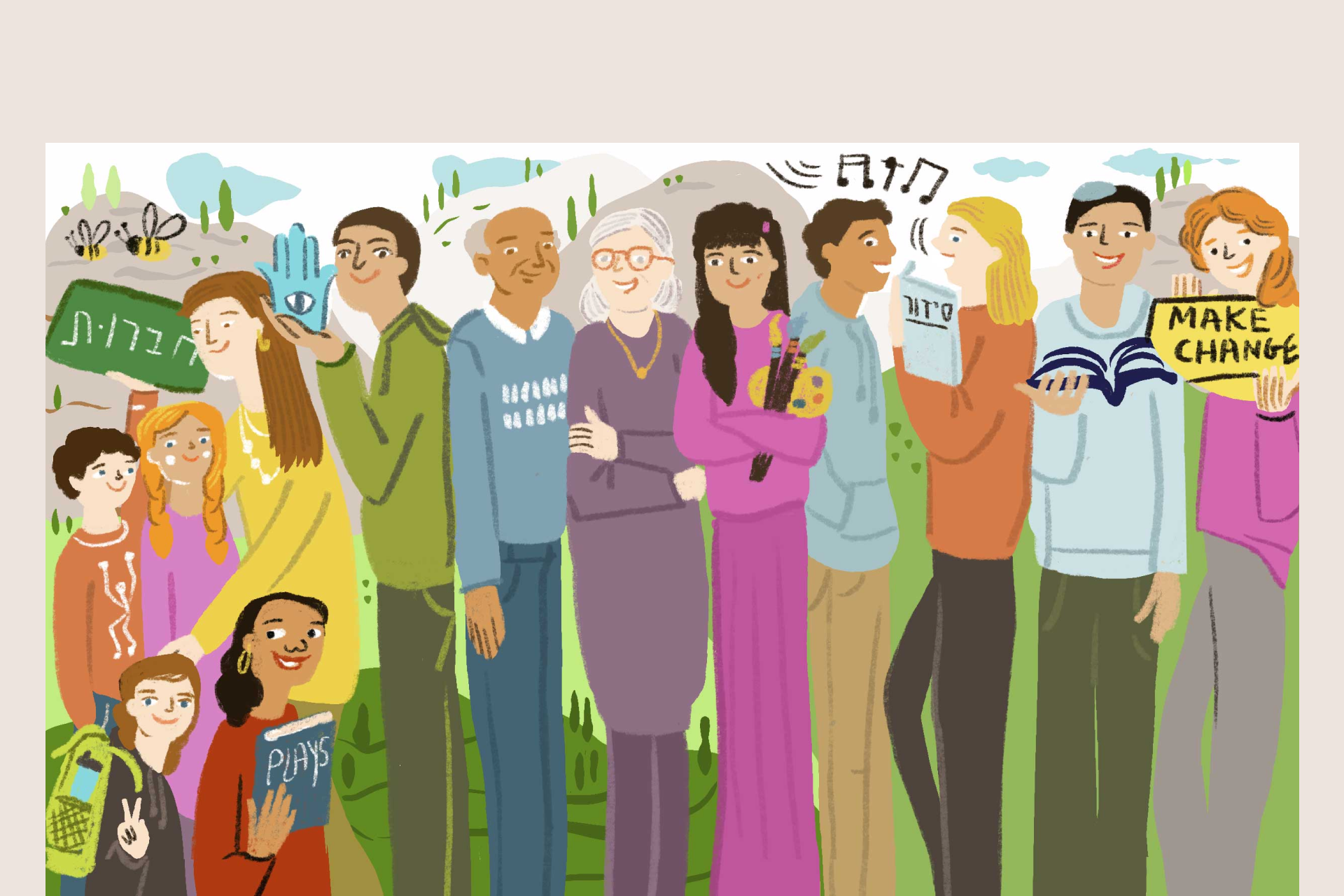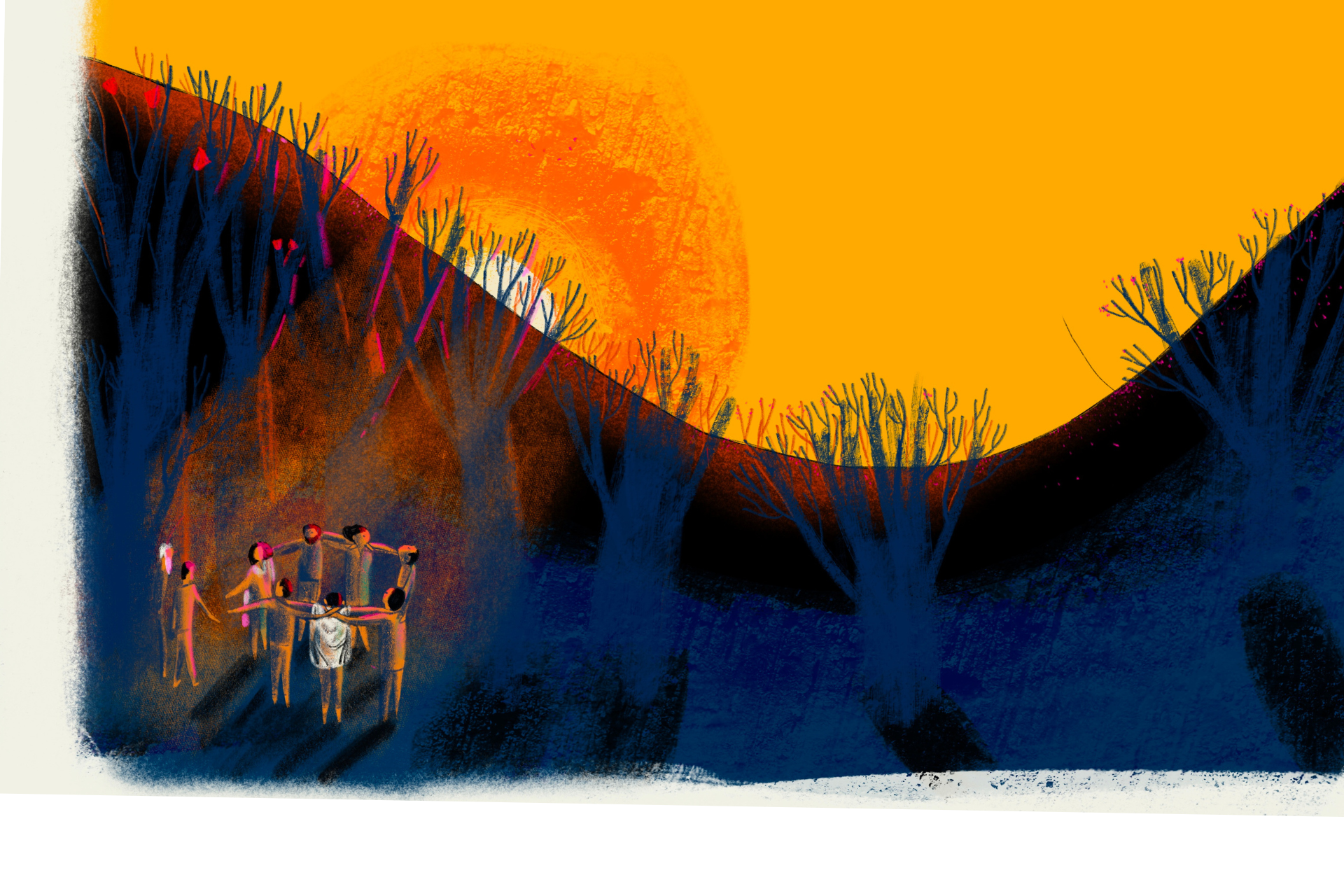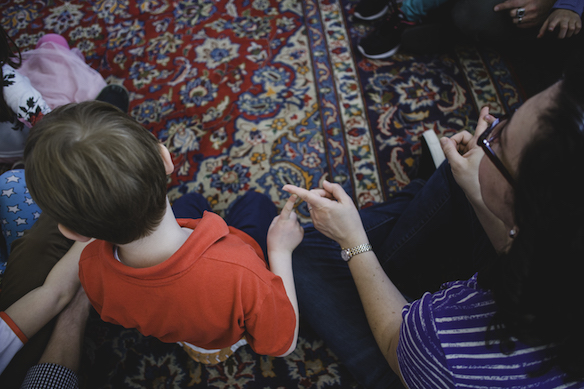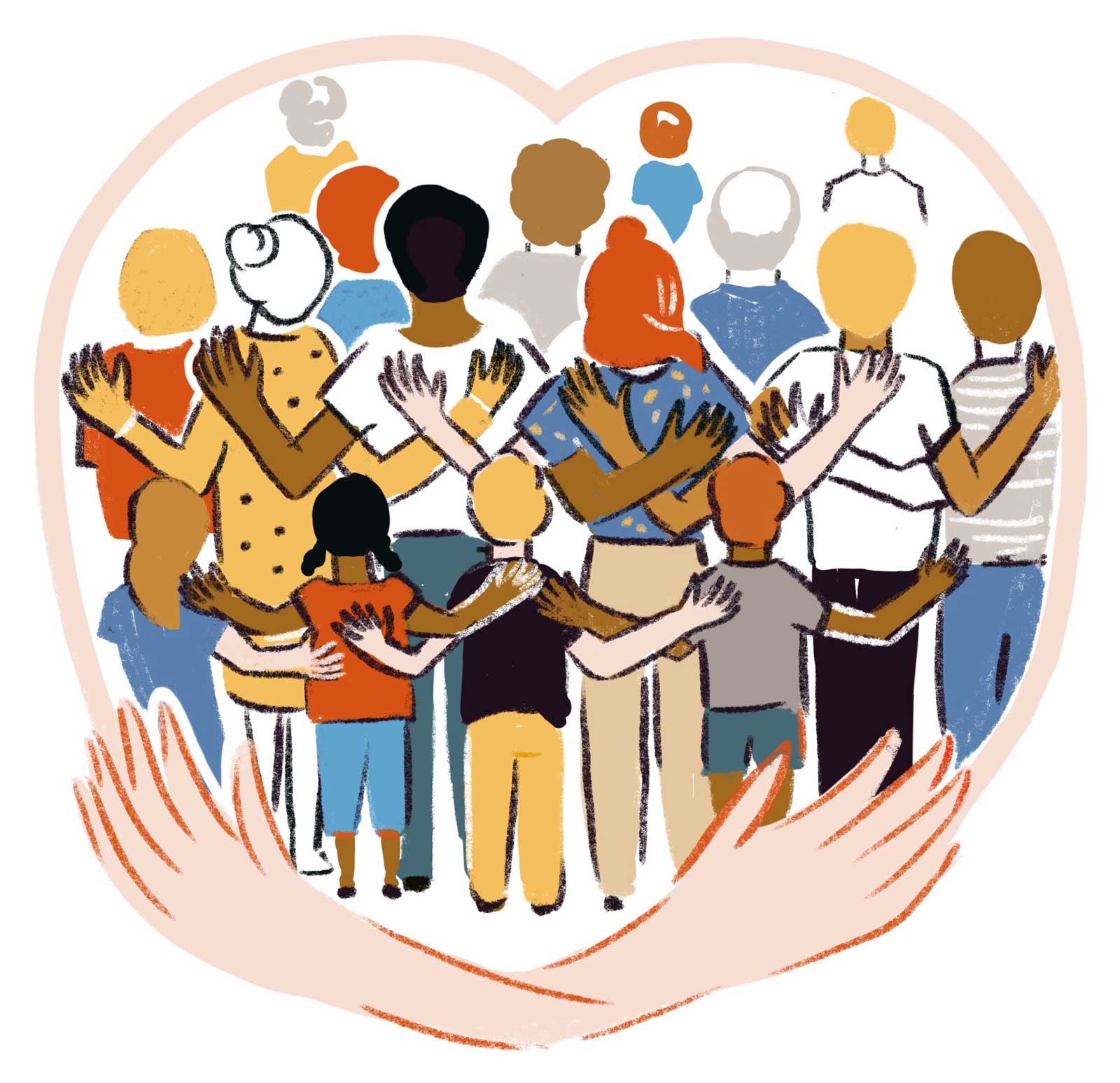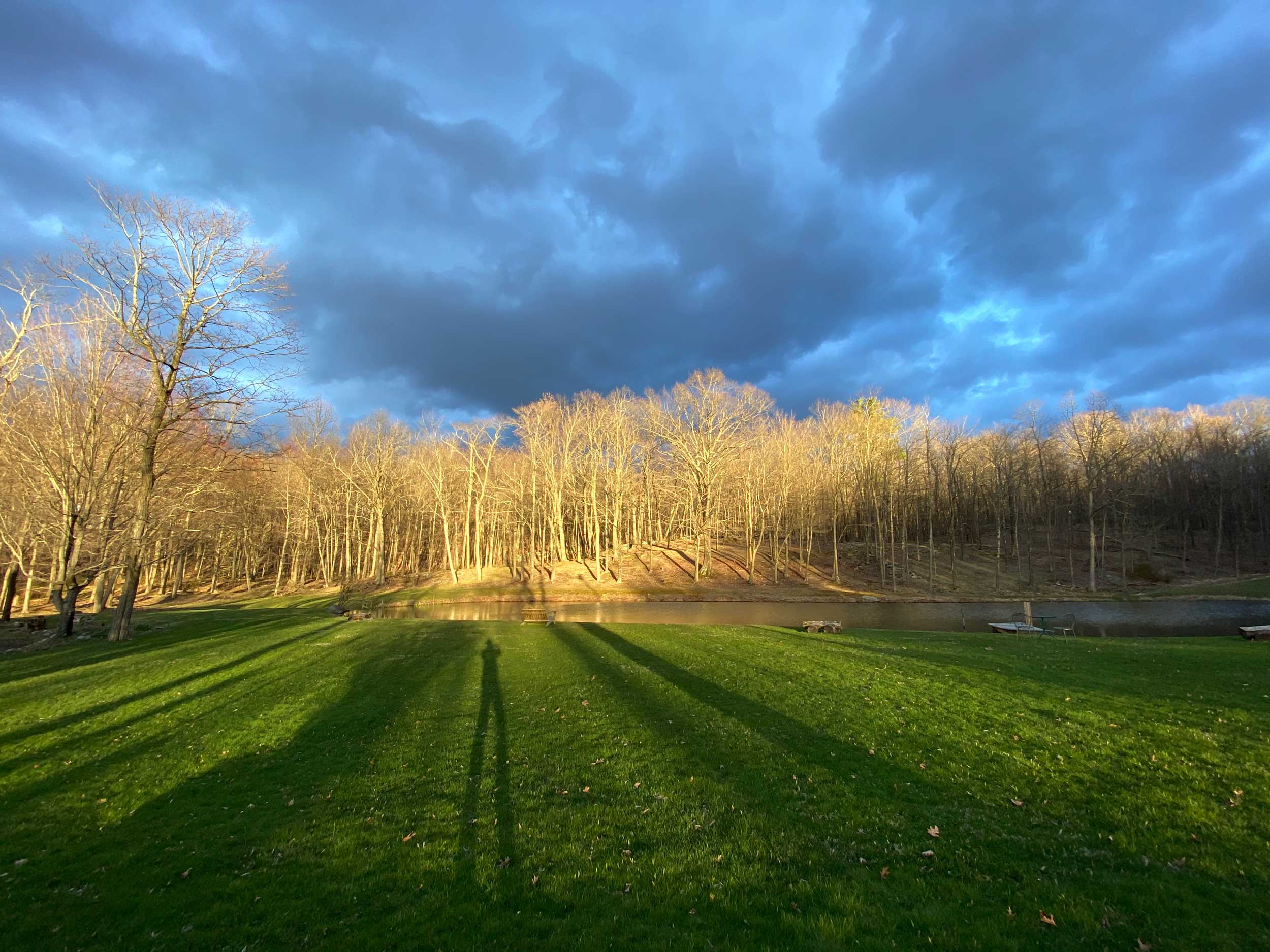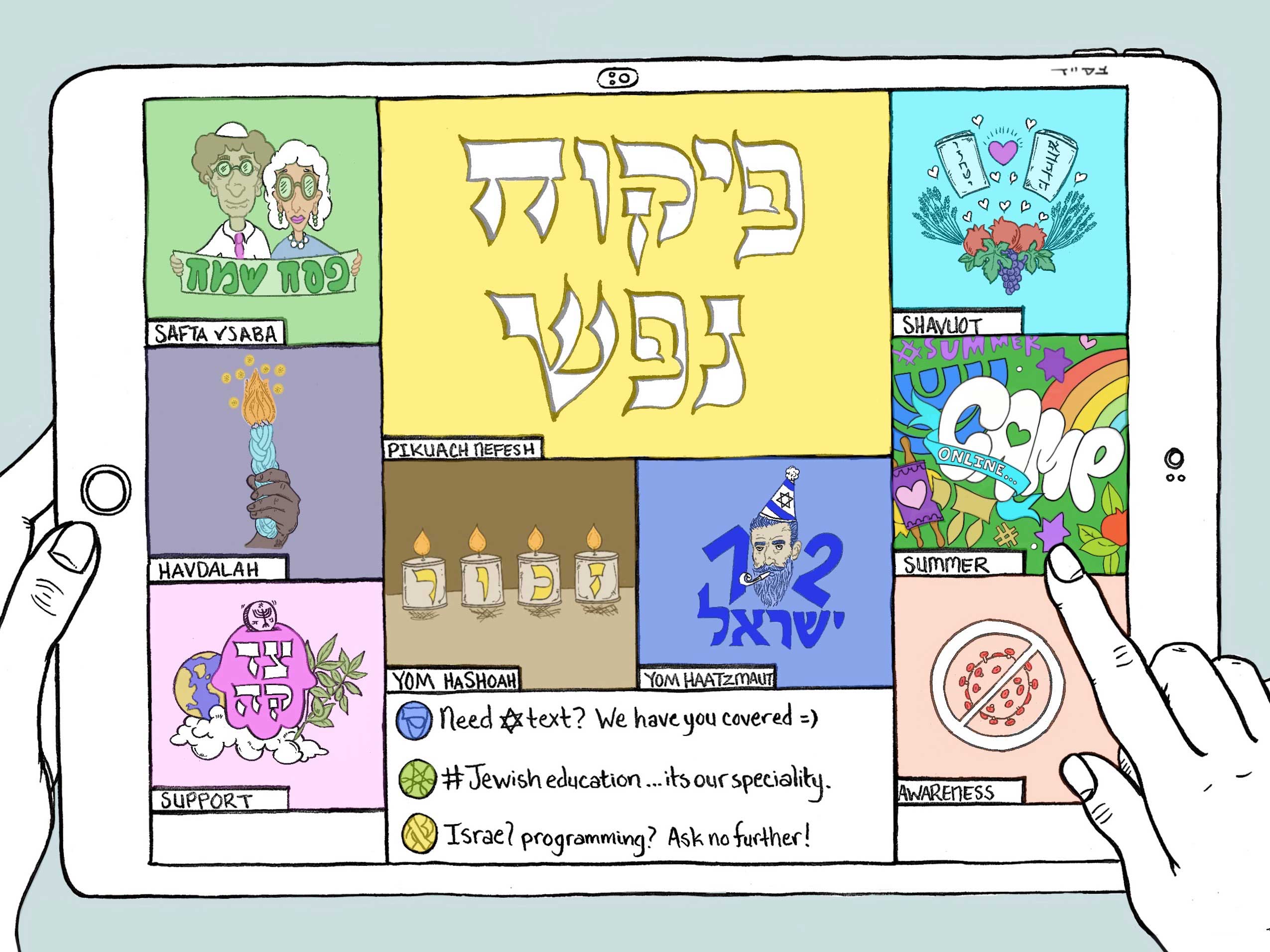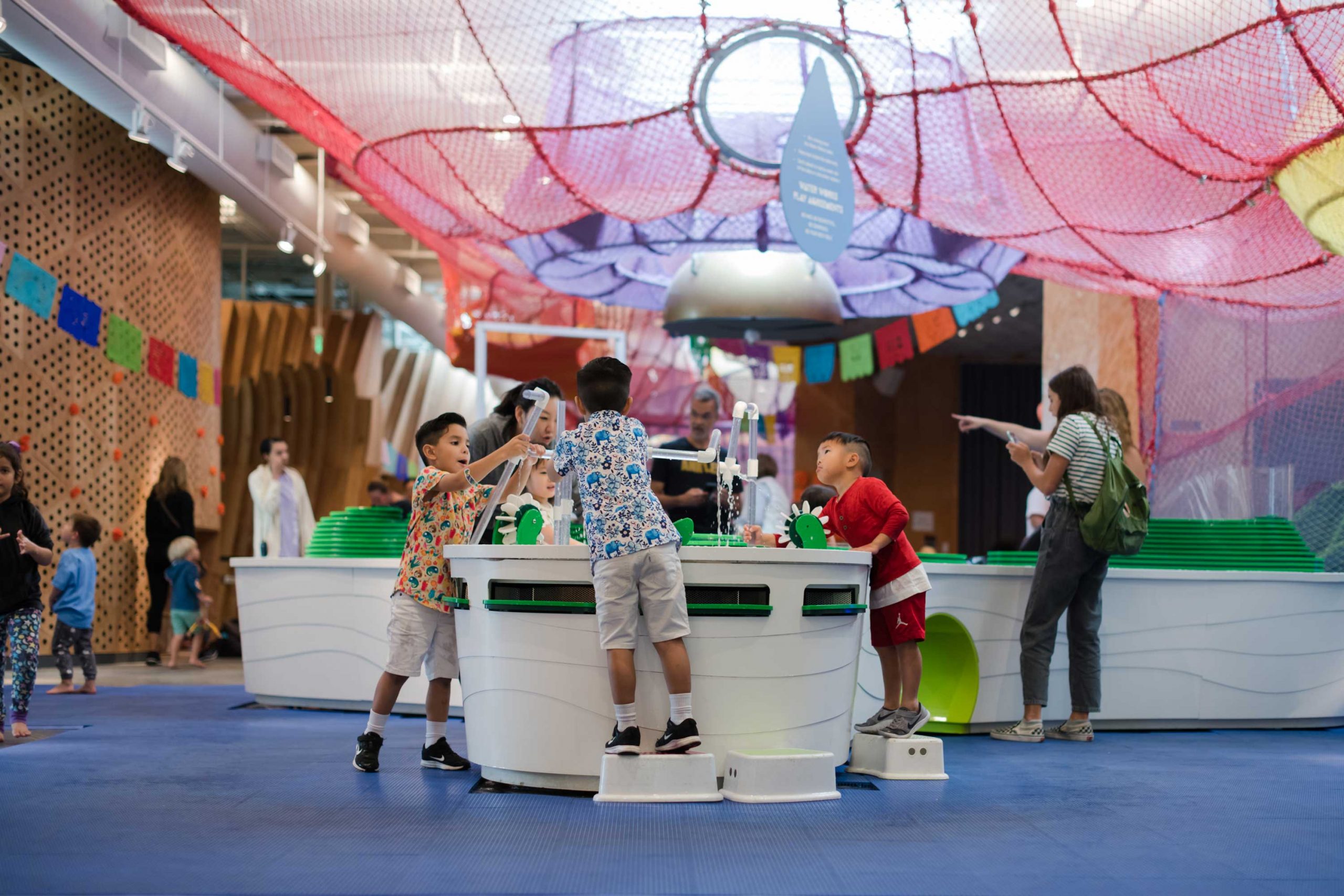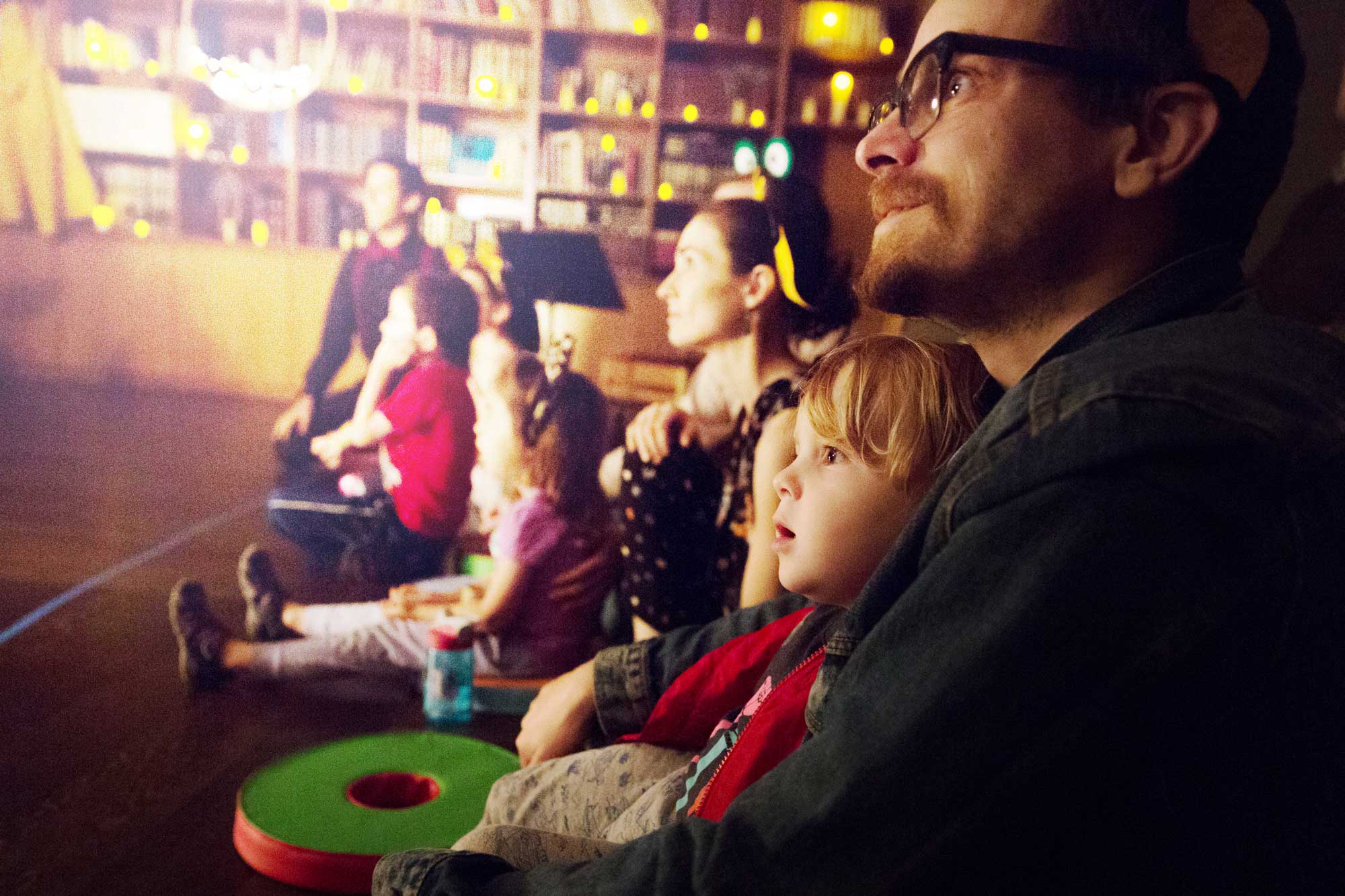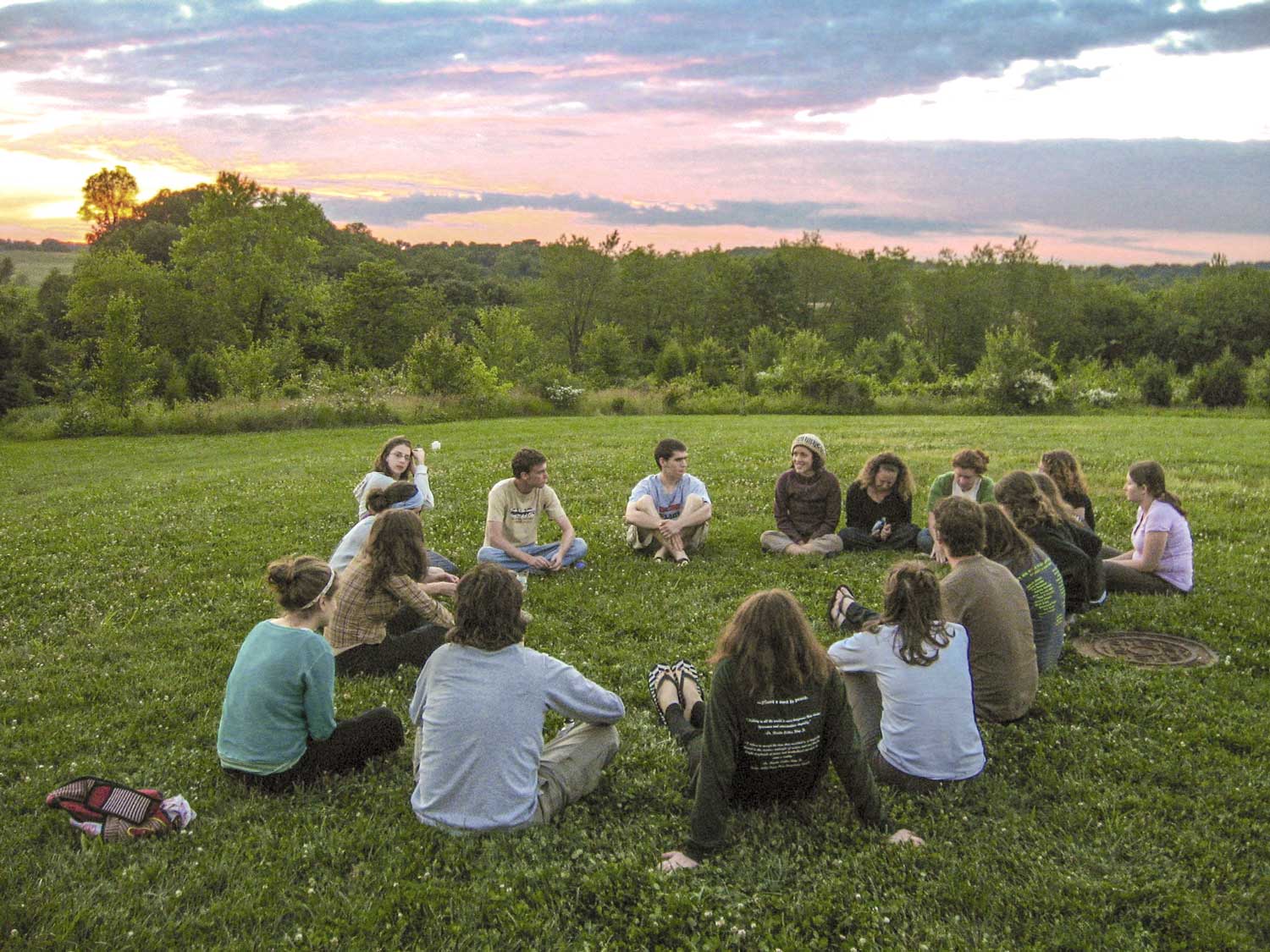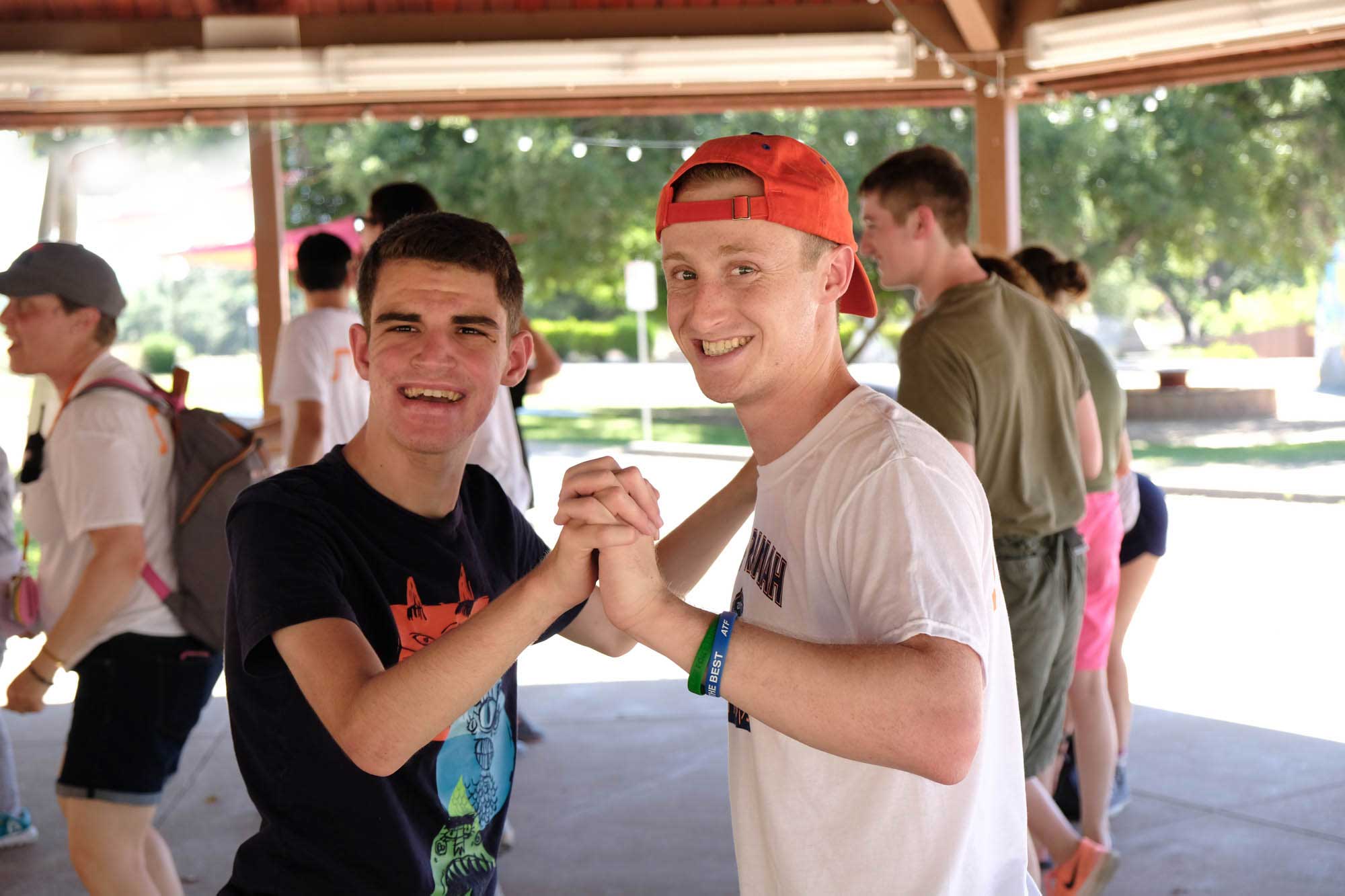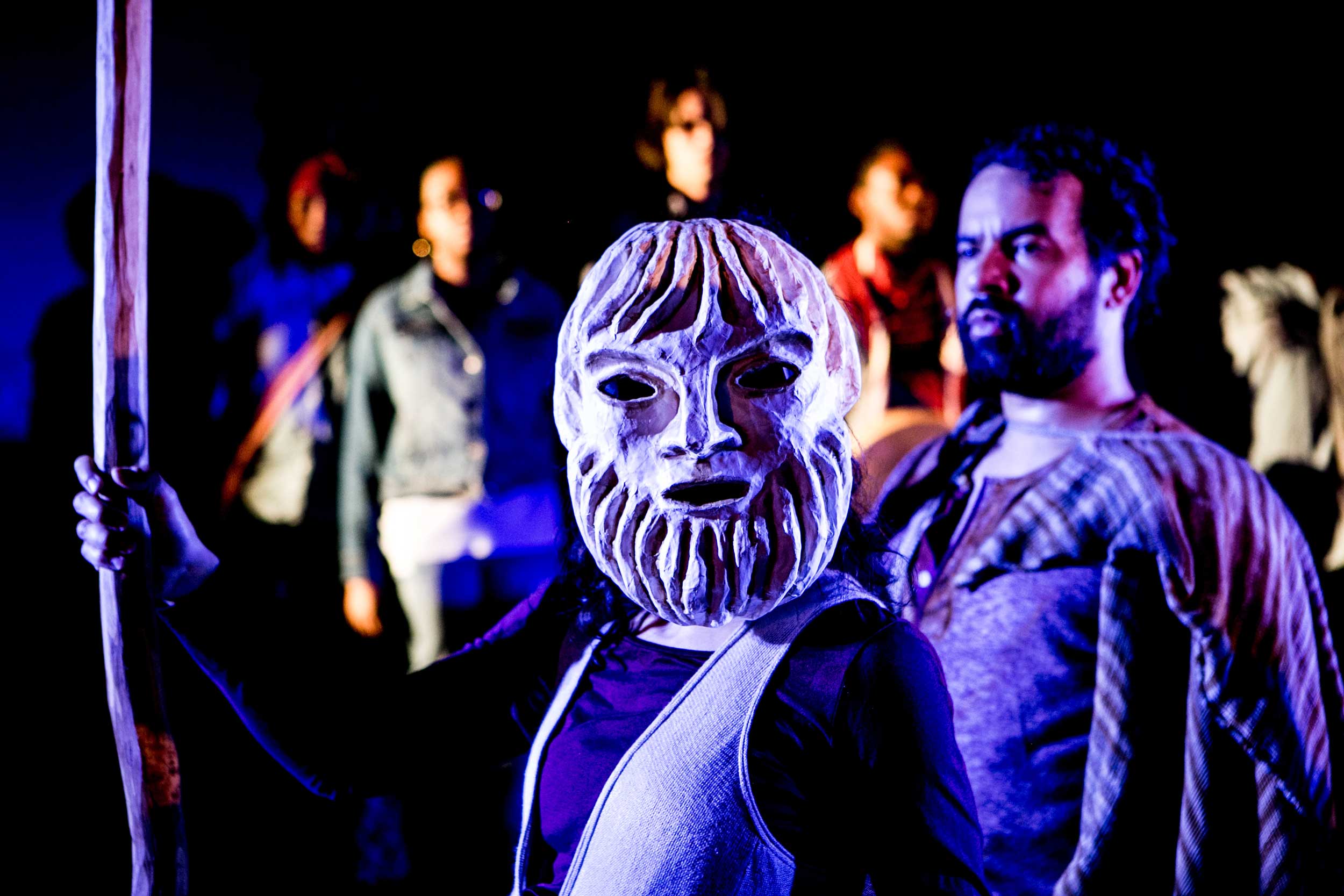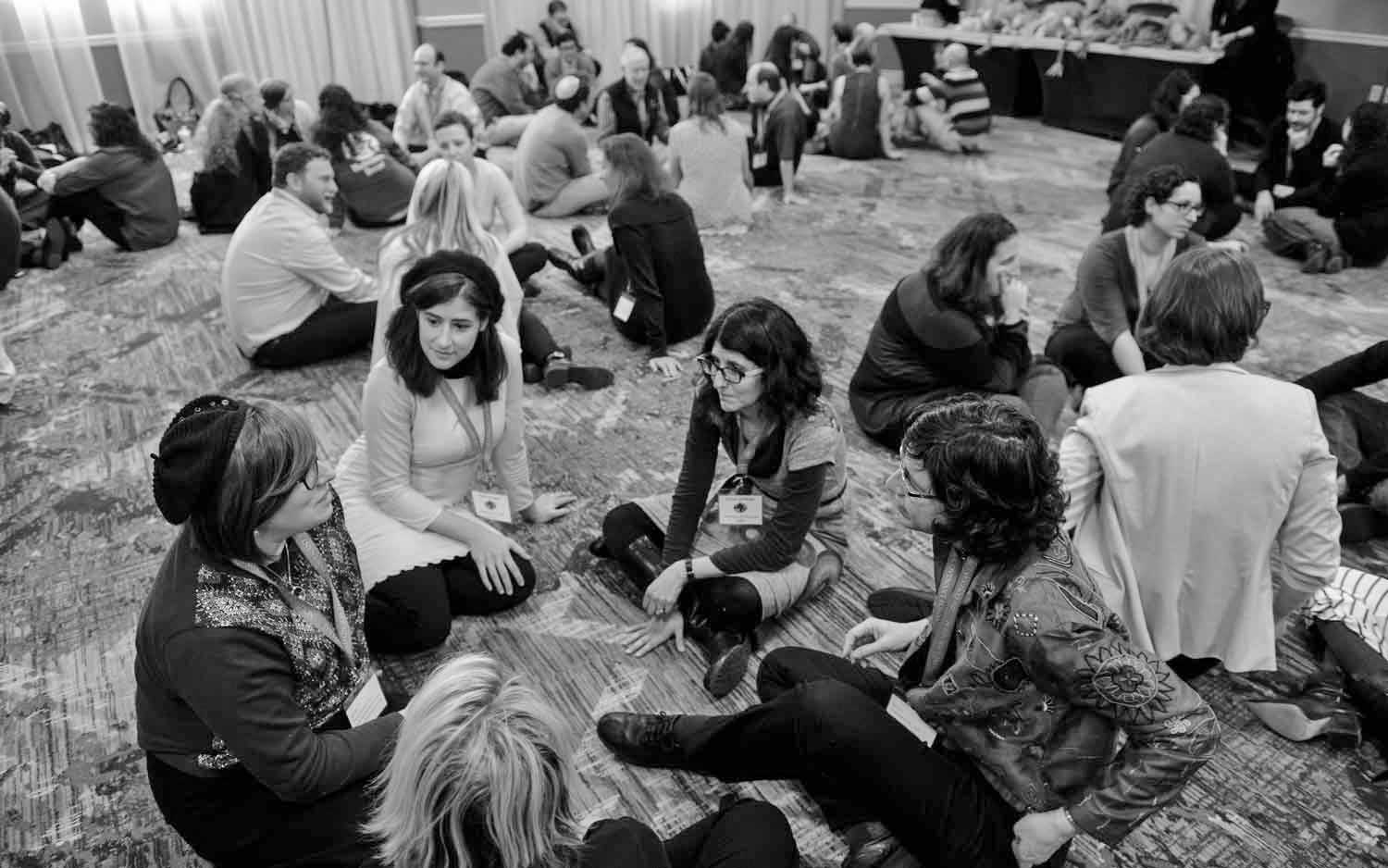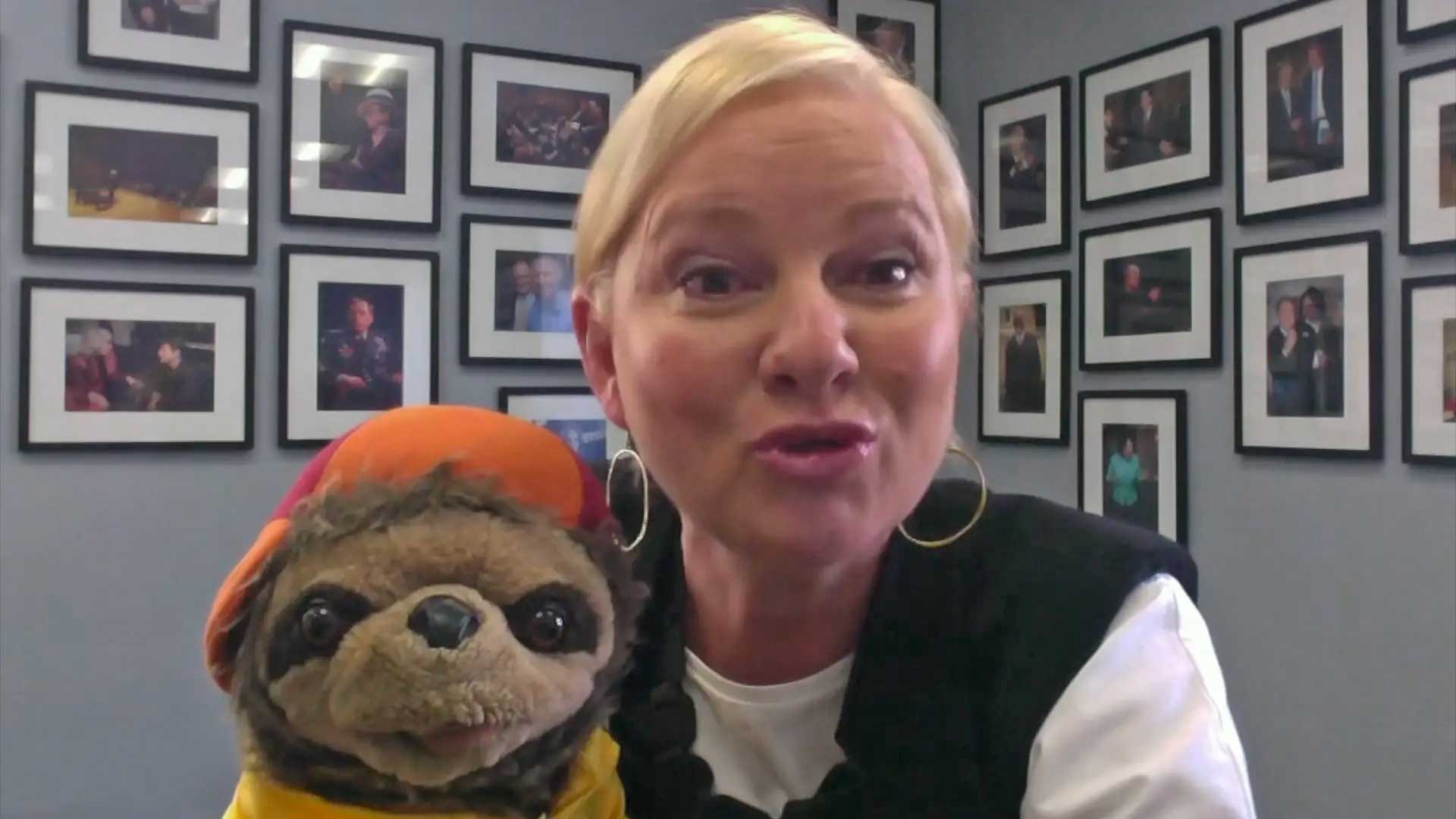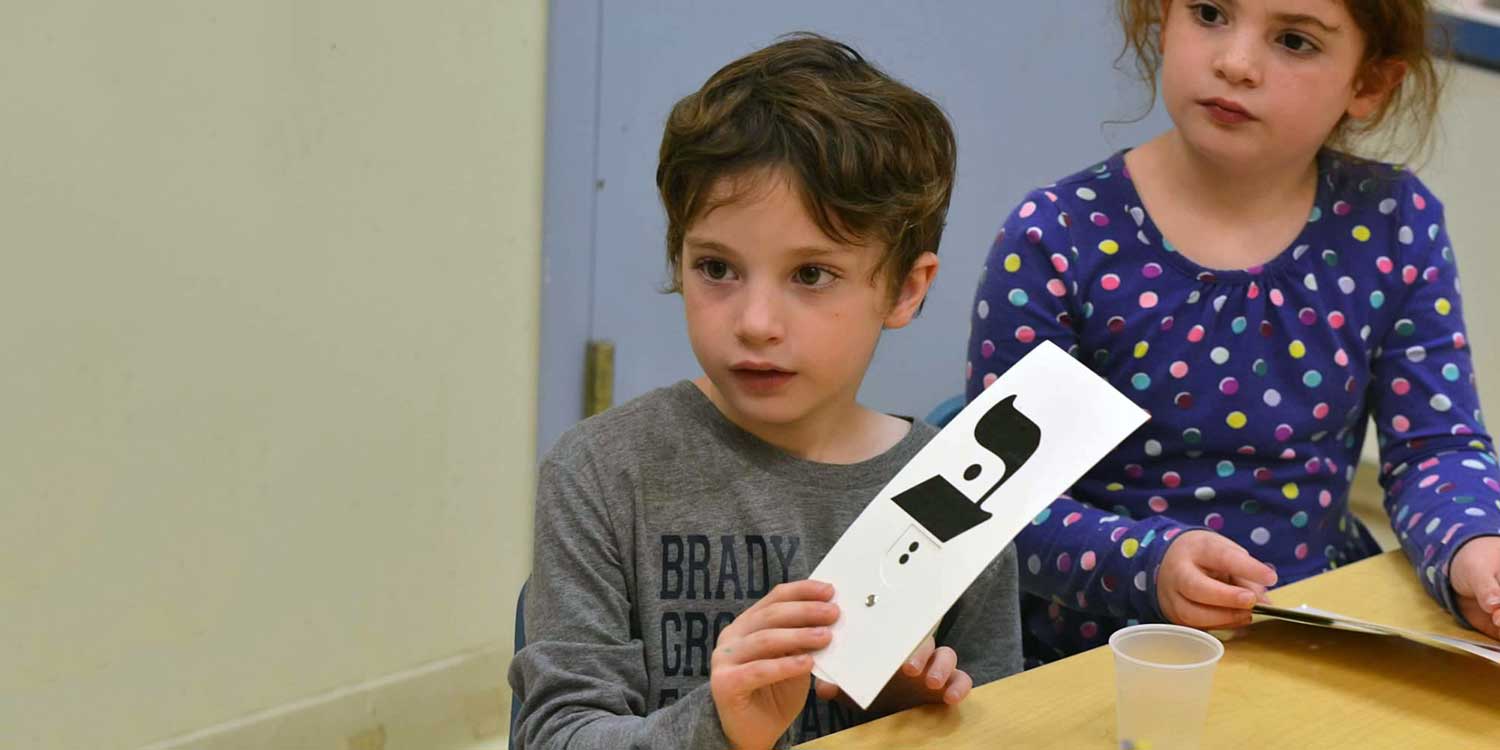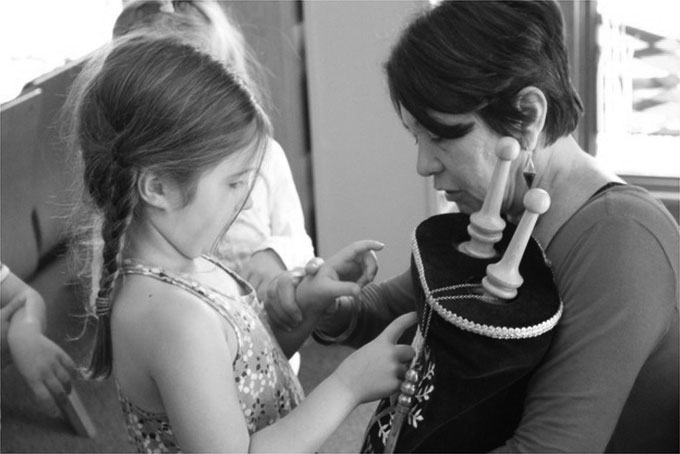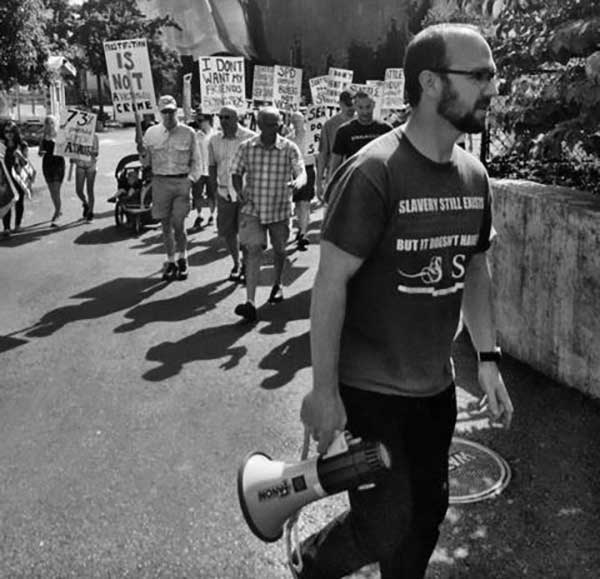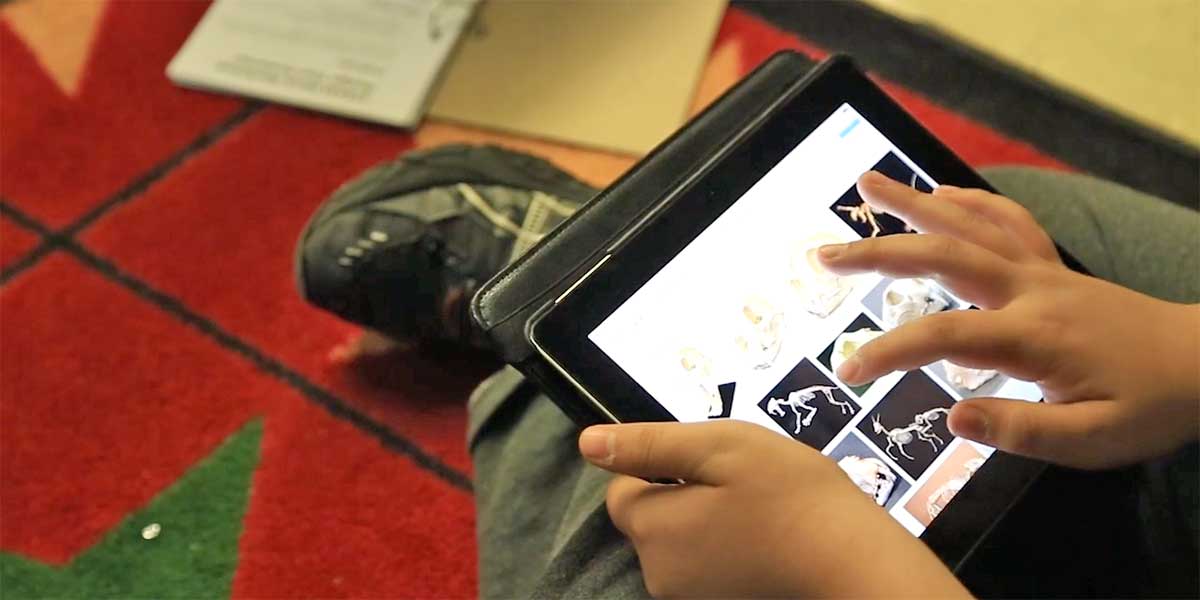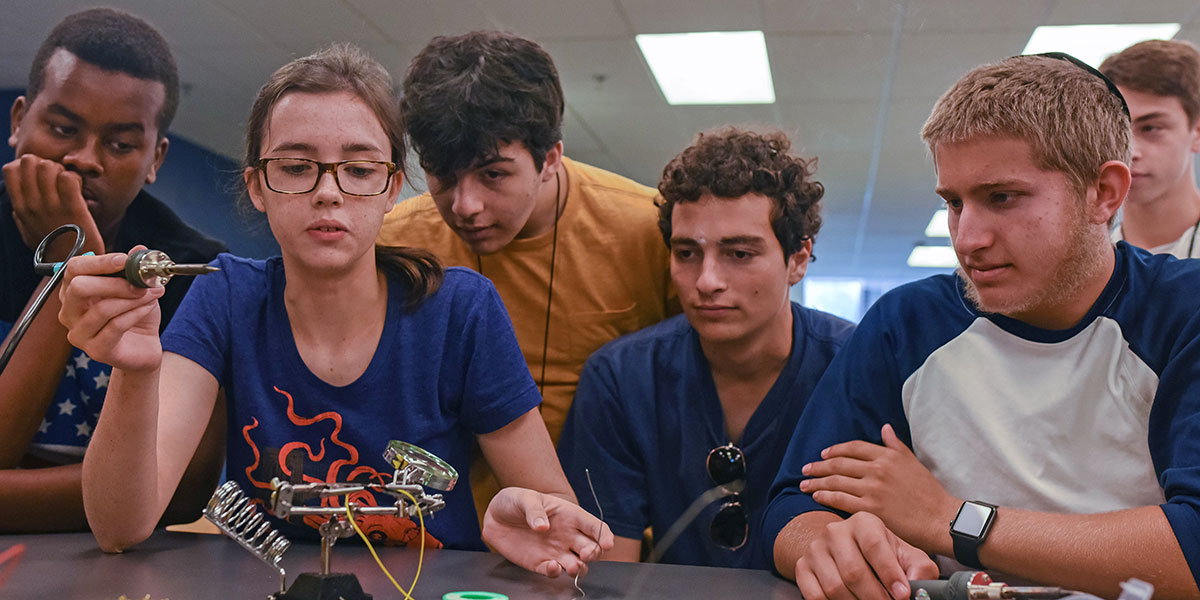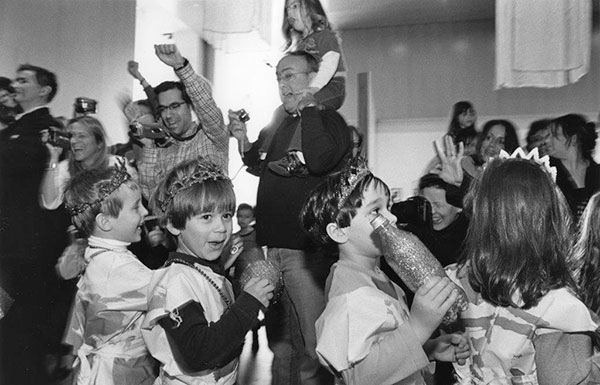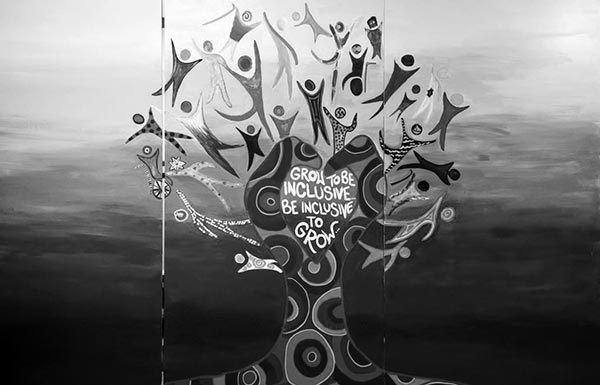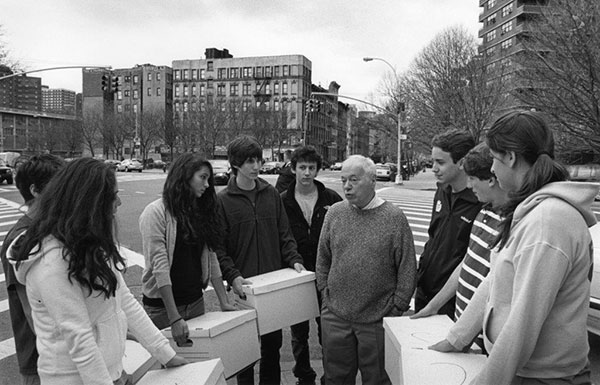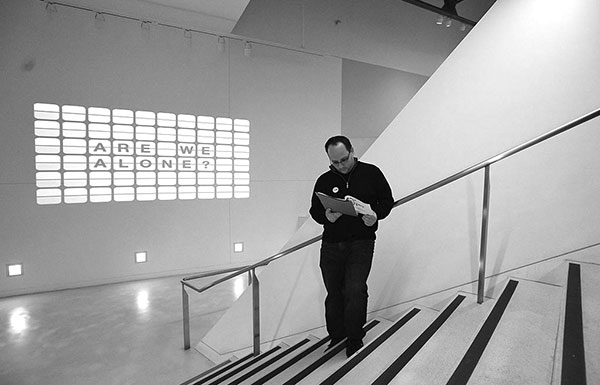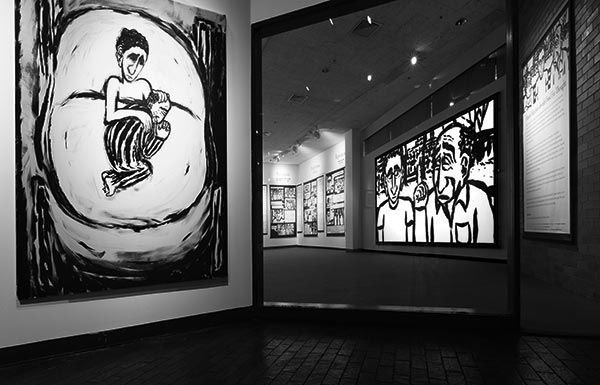
ARTICLE Learning the Business of the Jewish Community Centers of Greater Boston, with Mark Sokoll
“What are we in this business to accomplish?”
So posits Mark Sokoll, President and CEO of the Jewish Community Centers of Greater Boston. Sokoll, along with his colleagues at the JCC, knows that this is the question one must ask when trying to affect change. And about 6 or 7 years ago, when Sokoll and his team of key professionals and volunteers engaged in strategic planning to re-envision the JCC of Greater Boston, it was this question that consultants pressed them to answer. By looking at a case study and attempting to draw out lessons learned from listening to constituencies, together they created what Sokoll calls “a contemporary vision,” and a plan to execute that vision, with a central focus on families with children.
“We thought,” Mark continues, “…if we, as a Jewish community, spent the last 100 years trying to attract people for a whole variety of reasons, to get Jewish immigrants acculturated, to help the grandchildren of those immigrants to embrace their Jewish identity; if we’ve spent the last 100 years getting people into the building, we should now spend the next 100 years taking our building out to the people.”
Taking a building to the people--more that 50,000 people spanning a geographical radius that includes 98 communities--is no small feat. And yet, that’s precisely what this JCC has done. Fifteen hundred people showed up to a Chanukah event at the Boston Children’s Museum last December. Seventeen hundred people turned out for a Cirque de Purim party last March. In September it was Rosh Hashanah at the Danforth Museum in Framingham, with music, art and activities for kids. From stroller walks to Barnes and Noble talks to Friday nights at the Vilna Shul to Mom’s Night Out with yoga, wine and cheese, Boston area Jews and their families can pick from hundreds of events to participate in, and many of them happen outside the JCC space.
“This is an era of ‘pervasive choice,’ Sokoll asserts. “We want to be a portal to a place where people can build their Jewish identity—for themselves and their families—on their own terms, without judgment,” he says. “However they choose to enter, we support them.”
But how, exactly, do they make this happen?
“Programs are the key,” Sokoll attests. In fact, in the research that they’ve done, Sokoll and his colleagues have discovered that people are 91% more likely to bring an element of Jewish celebration into their home if they’ve participated in an outreach program like climbing a pyramid rock wall and ziplining across the Red Sea at a PJ library “Rock on Passover” event or Summer Sizzle Shabbat in the City, where one can connect with other families living in Boston, sing, eat a festive meal, and make Shabbat crafts to bring home.
“But it’s also the books,” Sokoll adds. Namely, he’s referring to the PJ Library books.
“For us, the entire concept is to be a center for families, and to-date, our biggest outreach tool are PJ library books,” Sokoll explains, referring to the Jewish family engagement program funded by the Harold Grinspoon Foundation which mails free Jewish children’s literature and music to families throughout North America, on a monthly basis. “Through the books, we try and enter into as many Jewish homes, or Jewish homes-in-formation, as possible,” Sokoll continues. “There are people in areas throughout greater Boston who are making all different choices about where and how they live, who they marry and what kind of family they want. The bottom line is: if we get them the PJ library books, they can become educators in their own homes.”
Once that happens, Sokoll explains, JCC staff—Jewish professionals who Sokoll refers to as ‘hub connectors,’ who are charged with knowing the families in their regional area and reaching out to invite them to JCC-sponsored events—work to engage those families in Jewish life programming. And once a family attends a JCC event, their info is put into a master database from which a core constituency is formed.
And what, exactly, is the end-goal with this master database of names? “We have no preconceived destination for the journey [of our families] Sokoll assures. “For us, it’s critically important that people get engaged with Jewish community and then make choices—we would love it if people joined synagogues, but our goal is not necessarily just for people to join synagogues. Our job is to help people make choices, and make more Jewish choices, but—and this is different than a synagogue—we keep our ‘menu’ as broad as it can possibly be.”
Sokoll goes on to explain that the way he understands it, the culture of young families today is quite different than years before, which means that in addition to “pervasive choice,” this is an era of “embracing duality.”
“This generation seems to want to avoid conflict in their identity,” Sokoll explains. People want to be comfortable as Americans, as Jews, and in who they are and the choices they make. And we want people to find meaning and joy in their experiences, to engage in a way that helps them advance those aspirations, and to feel that by connecting with us, they are happier and lead richer and more meaningful lives.”
So, then, to go back the pressing question at hand…what is the business of Mark Sokoll and the JCC of Greater Boston?
“We are in the Jewish identity construction business,” Sokoll answers, determinedly. “Family by family, household-by household. We are helping people design experiences on their own terms.”
Take one look at the current offerings from the JCC throughout the greater Boston area, and you’re sure to find an experience that suits your needs. But beyond the new parent playground meet-ups, the Family Shabbat Picnic at the Boston Common, the Strawberry Field Jam and Havdalah on the Beach, the “identity construction” that Sokoll refers to happens on the in-between, in those moments when—as he explains—people look around and realize, “hey, the Jewish community is happy to have me here.”
And who doesn’t want that? Sign me up.
